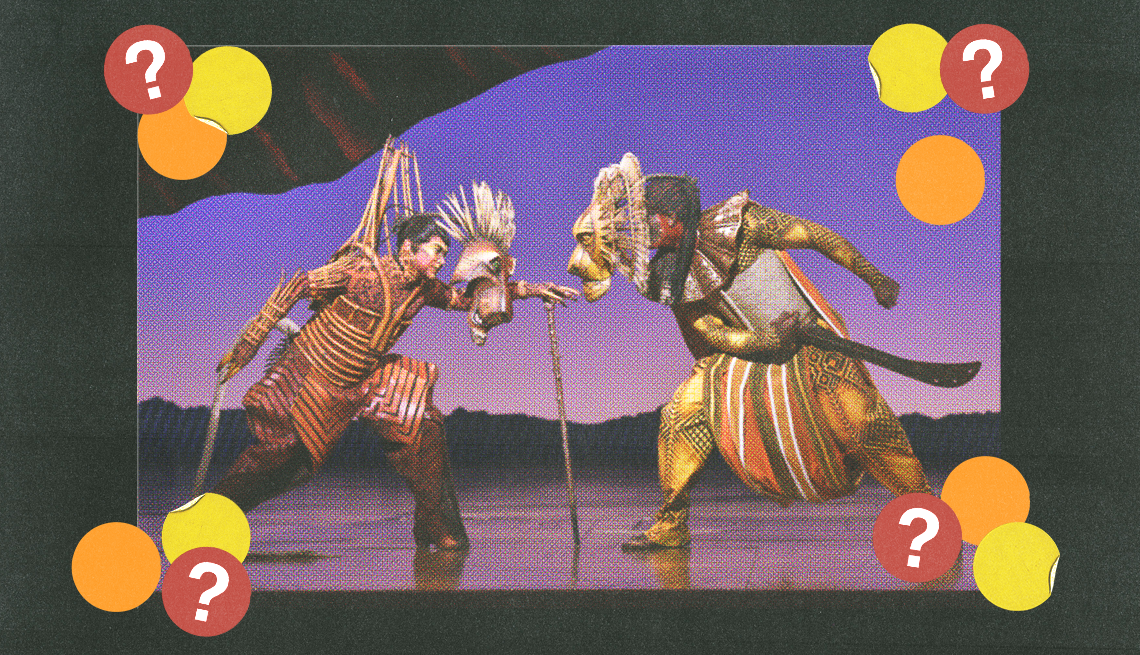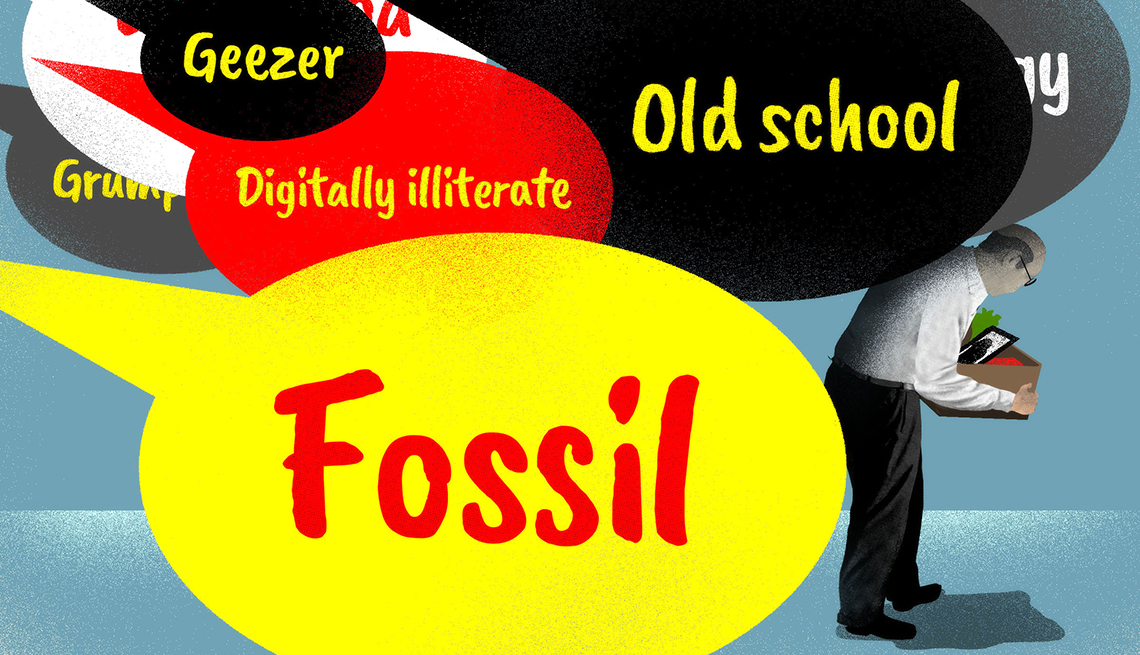
- Select a language for the TTS:
- UK English Female
- UK English Male
- US English Female
- US English Male
- Australian Female
- Australian Male
- Language selected: (auto detect) - EN
Play all audios:
There are two divides in British society. Both are familiar. One is a wealth divide, the other is a cultural divide. Formerly both divides were conflated into a single phenomenon called “the
class divide”, on the assumption that the upper classes were rich and the lower classes poor, thus matching the two divides in one. But the vocabulary of class, anyway unhelpful because it
marked social and economic divisions in the wrong place, is no longer in mainstream use. In the talk of “upper classes” and “lower classes”, the former meant the aristocracy and the latter
meant “working class” manual labourers. “Above” these were the tradesmen and shopkeepers, who as time went by came to be called “lower middle class”. In between was the “middle class” of
gentry and professionals. Only parts of this vocabulary are still in service: some Labour Party enthusiasts, especially those who wage guerrilla war on fellow party members perceived as
heretics, wear the “working class” label with pride; and Americans, in line with general vocabulary inflation, call the working class “the middle class” because the label “blue collar” has
come to appear pejorative. All this is, however, beside the point: talk of class is meaningless. Talk of the wealth and cultural divides, by contrast, is extremely relevant, not least
because the connection between them is a significant one, and insufficiently understood. The wealth divide is standardly characterised as the “1 per cent v 99 per cent”, but that is
shorthand for the difference between the income and assets of billionaires and those of everyone else. In fact, the wealth divide within the 99 per cent is even more troubling. In the UK the
wealthiest 10 per cent possess nearly 50 per cent of the country’s wealth, while the poorest 50 per cent possess less than 10 per cent of the country’s wealth. Inequality has grown every
year since the 2008 financial crash, and with increasing rapidity, for the old truth still applies: to those who have, more shall come, while from those without, more will be taken. This has
happened. Since 2008 the wealthiest Britons have seen a 5 per cent growth in wealth, while the poorest have seen a _drop _of nearly 2 per cent. What this means in practical terms is
illustrated by looking at equivalised disposable income: in 2018 the richest 20 per cent of UK households had an annual disposable income of £69,126, while the bottom 20 per cent had
£12,798. That means that for all expenditure apart from income tax and council tax — that is: for mortgage or rent, travel, clothing, food, gas, electricity, water, entertainment, and
anything besides, with VAT payable on top — the richest 20 per cent of households had £1,300 a week, the lowest 20 per cent had £246 a week — over five times less. For a _household_, note.
To qualify for membership in the top 1 per cent of the wealthy you need an annual income of £700,000, but for the _really _rich — owners of private planes and yachts moored at Genoa or Nice
— this would be regarded as a pittance. It would be thought meagre even if it represented merely the return on assets — properties and other holdings — which in this case, supposing a return
of 5 per cent, would amount to a puny £14 million. For billionaires this is small change. The foregoing is not intended as a prelude to expressions of the politics of envy. In my view it
does not matter how rich anyone is, providing he or she got that way legally and morally. What matters is that nobody should be sleeping on the street, and especially not so that the rich
can be rich. No society should tolerate the absence of a baseline of civilised circumstances for any citizen. Ensuring this would provide opportunities for free-riders, yes; but immiserating
many to guard against exploitation by a few is unacceptable. Moreover, every society wishing to behave in a civilised way towards itself should provide genuine equality not just of
opportunity but of enablement to take opportunities — the enablements of education and health provision, access to housing, fair participation in distributions and advantages made possible
by the society’s collective activity. This represents the _equality of concern_ that should be a principle of any just society. All this should go without saying, and commands widespread
assent among most who give the matter any thought. But in practice, of course, it does not happen. A large part of the reason has to do with the other divide: the cultural one. And not
_because_ of the cultural divide itself, but because of the way this second divide is exploited by those who wish to maintain the benefit of their occupancy at the top of the first divide.
To talk of the second divide is to wade into controversy, however one tries to characterise it. A shorthand way of doing so is to represent it as an educational divide, and here the
potential for controversy is readily observable. To report the educational divide in the Brexit referendum vote of 2016 is enough: 74 per cent of Remain voters had a university degree, while
65 per cent of Leave voters had no educational qualifications at all, not even O-level or GCSE. To point this out is to light a touch-paper. But there are other factors in the cultural
divide: regional and demographic — and note the demographic implication of reference to O-level, which was replaced by the GCSE in 1987. And the regional variation has something of a
chloroplethic association, not just with educational attainment but with income inequality (recently exacerbated by the lingering effects of the 2008 financial crisis, transmitted by
austerity policies). Whenever a precise verbal definition (an _intensional_ definition) is problematic, an ostensive definition (an _extensional_ definition) will do as well or better,
however impressionistic: it directs attention towards a general conception. So, roughly dividing the populace into Culture 1 and Culture 2, we might say this: if you are a member of Culture
1 you might be caricatured as someone who reads tabloid newspapers, drinks beer, watches ITV more than BBC, does not live in the South East of England, and for whom experience of post-school
education is, if at all, a recent phenomenon in your family or social circle. If you are a member of Culture 2 you might be caricatured as someone who reads broadsheet newspapers, drinks
wine, watches BBC documentaries, is quite likely to live in the South East of England, or its outposts in the more affluent suburbs of the UK’s large cities, and for whose family higher
education is a commonplace. These are caricatures; but they indicate the general idea. In the past, when only Culture 2 might be supposed to have access to the joke, the contrast was marked
by rather snide “U” and “Non-U” references to the differences between evening versus midday dinner, loo and toilet, napkin and serviette, and so on. Perhaps even further back the difference
underlay Disraeli’s “Two Nations” and the idea, charming when sincere, which it not often was, of “One Nation” Toryism. With this rough and rather apprehensively drawn distinction, here is
my point. There are people who maintain the advantages they enjoy in being on the better side of the first division described above — the wealth division, with all that it entails — by
exploiting considerations relating to this second division. These are politicians, and those who back them, on the further Right of the political spectrum. They might be members of either
Culture 1 or 2; this is not the point. The point is that they benefit from the wealth division. They make, and act upon, some or all of the following set of assumptions: and if their success
is anything to go by, the assumptions have a certain traction. First, they assume that the generality of Culture 2 folk are too tentative and hesitant, think too much and act too little,
are too disinclined to believe that people can be _that_ bad or that conspiracy theories can occasionally be true, are too divided among themselves, too self-interested to want to rock any
boat too much, and too wedded to the status quo by hoping it will remain or will quickly return, to present much of a threat to the coadjutors of a determined political agenda. As a group
they are weak, extremely difficult to arouse, touchingly anxious for appearances of normality to prevail, and hasty at grabbing any reassurance accordingly. Look at Trump: America’s Culture
2 might be repulsed by his vulgarian bloviation, his crude lies, his ugly attacks on journalists and Democrat politicians who challenge him. But they are not out on the streets in protest;
they are as if paralysed by him, stunned, unable to marshal a response, and as if waiting in horrid suspense for the day that normalcy will resume, perhaps in the form of Joe Biden. Our
plotters can therefore effectively ignore them. Our plotters’ attention is mainly focused upon Culture 1 folk — but not because these folk are critically sharper, more watchful, quicker to
hold them to account, more wedded to ideas of justice and probity. No. It is because as “Fast Thinkers” in Daniel Kahneman’s quite different sense, they can be played. Slogans, blame,
outright falsehood — if such things are challenged, it will be in the media that Culture 1 does not read or watch, and the Culture 2 people who do read and watch it will not do much about
it. Therefore the plotters’ use of these tactics can stir Culture 1 to answer polling questions, and most importantly to vote, in ways that suit their aim of maintaining the first divide,
the wealth divide, to their advantage. Consider a tale in explanation. Let us suppose — just as an illustration, note — that a group of right-wing UK politicians and their backers is
discontented with levels of taxation required for a national health service, a state education system, entitlements for employees, such as maternity and paternity leave, environmental
protection initiatives for rivers, beaches and air quality, access to the protection of the law through a legal aid system, and much besides. Let us suppose that some of these things were
jointly built up by agreement on common standards among the member nations of the European Union, with the active participation of one of its three biggest members, the UK. This group of
disgruntled politicians and their backers want lower tax levels. They might therefore wish to see the UK withdraw from the EU and become — as it would have to, in order to attract inward
investment — an offshore type of economy, the principle feature being low levels of taxation. This is something that rich people are keen on; if you have an income of £10 million a year and
£5 million is taken in tax, this is a tremendous insult to your sense of property. Grossing £30,000 a year of which £6,000 goes in direct tax and National Insurance stings, but does not seem
quite so horrendous. So — to continue our tale — this group machinates to get the UK out of the EU. It makes use of the tabloids to massage the consciousness of Culture 1 into a continuous
suspicion of the EU. It keeps the pressure up, until an opportunity arises to make a lunge: a referendum! Now the fact that Culture 1 is so apt for slogans, emotional arousal, and receptive
to ready-prepared candidates, such as the EU and immigrants, to blame for their discontents; that it is turned off by, and therefore deaf to, disquistions on facts, numbers, economic
projections; that it is unable in the fog of battle to see that they are turning their guns on themselves; all this becomes highly useful. And hey presto, the plotters who wish to get a
low-tax economy to protect — indeed, enhance — their place in the wealth divide, get what they want. When the tax cuts come, and the effects of 2010-19 austerity on the NHS, welfare and
regional economic support begins to look not like austerity but largesse, will the clever heads of those maintaining the wealth divide find someone new to misdirect blame upon? Perhaps by
then it will be the US and the nature of a disadvantageous trade deal and low quality food and other products. Certainly the EU — huge, economically powerful, and right on the doorstep —
will still be an easy target. The fact that EU membership mitigated the worst of the 2010-19 austerity effects is under-appreciated and will anyway by then be forgotten. But is this game
perpetually sustainable? It has been kept up for a long time already. The great ideal of education was to make everyone more thoughtful and better informed, but not supinely so, the hope for
some being that, as a consequence, ethics and logic would prevail: the ethics of greater social justice, the logic of international cooperation, for example on tax evasion and the like —
and that therefore the machinations of the greedy might be resisted. Is that dream still alive? My tale of a manipulative group wishing to keep the advantages they get from the wealth divide
is, I submit, not far from what has actually happened in these last few years. Among the things to regret is that even as the effect of these events — exacerbated by the Covid-19 crisis,
which threatens to make every problem created by Brexit worse — has stripped away the pretences that led to Brexit and thereby exposed the fundamental dysfunctionality of the political and
constitutional order of the UK (on this see my just-published _The Good State_), we have yet to see Culture 2 rising against those who are using their acquiescence as, in effect, complicity
in keeping so much injustice in existence. And that injustice principally harms the people of Culture 1, who have been made to act against their own interests so that the rich backers of the
right can stay rich, and become richer — let the rest _sauve qui peut._ AC GRAYLING’S NEW BOOK, _THE GOOD STATE_ IS OUT NOW. _ALSO SEE THIS __TALK__ BY US PULITZER PRIZE-WINNING JOURNALIST
DAVID CAY JOHNSTON_









